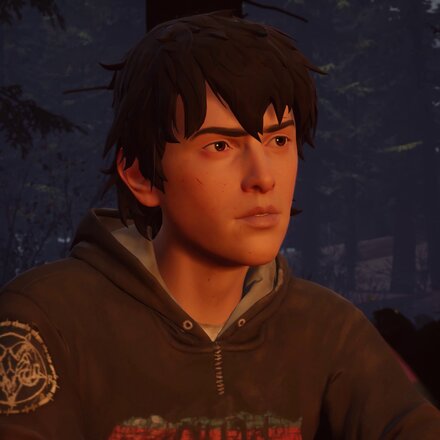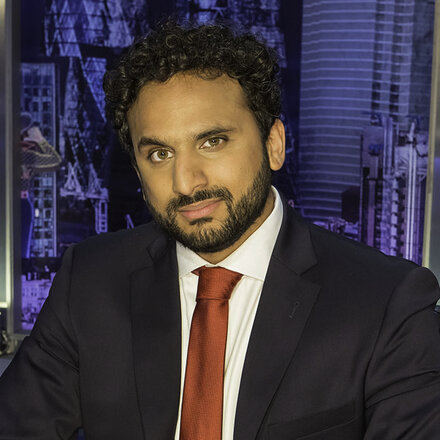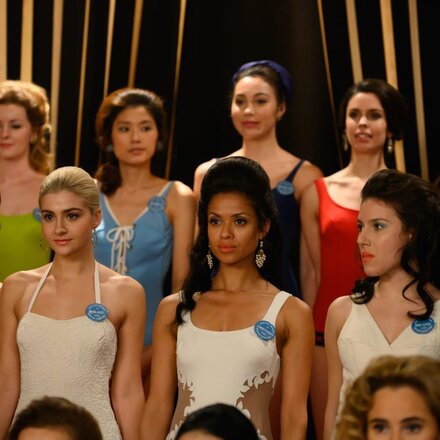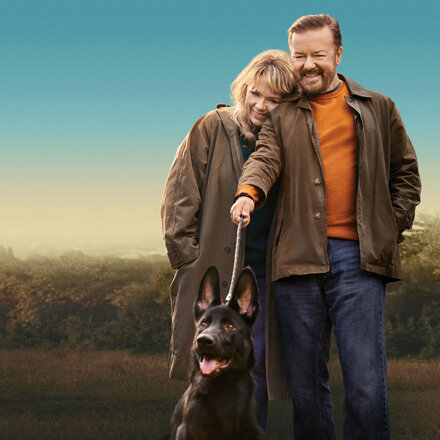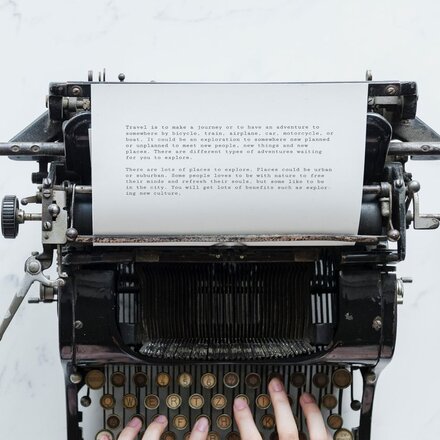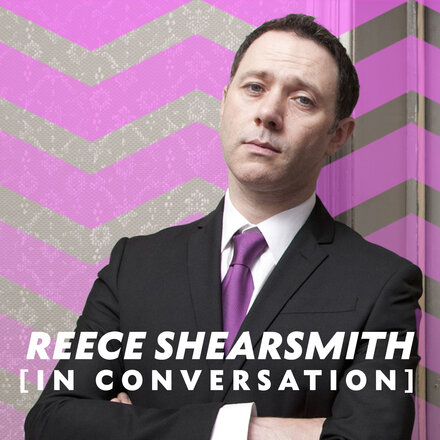Warning message
The subscription service is currently unavailable. Please try again later.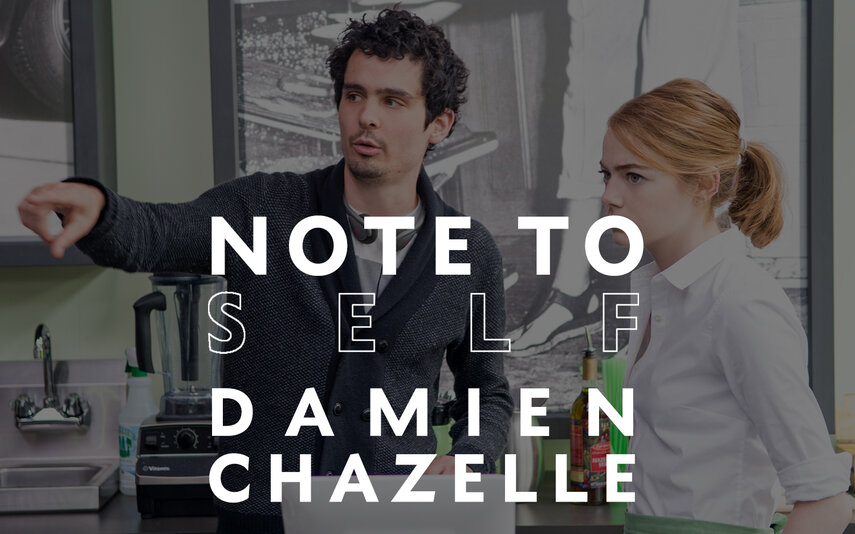
Note to Self... Damien Chazelle
The BAFTA-nominated writer/director of Whiplash and La La Land discusses turning catastrophe into success and testing his limits.
You’ve got to rely on the people you’re with. I was very lucky with actors who were really willing to roll up their sleeves on La La Land. It was three months of dancing and vocal prep and training for Ryan Gosling and Emma Stone, and Ryan was beginning his piano training before that. But I always knew I wanted it to be people who weren’t as familiar with doing this sort of thing as a seasoned Broadway veteran. I wanted a kind of freshness and humanity and even nervousness to emanate on-screen.
Nerves can help. I was always so impassioned and excited to make this movie, but on my part, and probably for everyone in the crew and cast, there was a lot of trepidation about doing something that’s a little outside the norm and doing a genre that a lot of people claim to not like very much.
Soldier on, the hold ups might be for a reason. Before we were even able to shoot, just trying to get the movie off the ground, we’d be at a studio and then get put into turnaround right when we thought we’d get a greenlight. Or we’d get a greenlight and cast would fall through. Now I look back both with surprise and with immense relief and gratification that each one of those things was a blessing in disguise because I wasn’t ready to make the movie the way it should be made at any of those junctures. The universe was being kind to me.
Learn from every project and bring that to the next one. I’d like to hope that I’m always learning or pushing myself with each project. Now I really feel I’ve done a few films specifically about music and it’s something I’m very passionate about and there’s an autobiographical element to that, but now what I’m most excited about is doing something the polar opposite, trying something I have less in common with personally, but see if I can still make it as personal as these films were.
Writing for hire is great training. Before La La Land and Whiplash, apart from Grand Piano my screenplays were things that came to me already with a treatment and it was my job to flesh it out. Working in a very tightly prescribed box taught me a lot about the mechanics of writing.
Do what the best old Hollywood directors did. No matter the genre, no matter the scenario or the script, the best of the old Hollywood directors, even if they seemed like contract players, were able to find a way to squeeze in their own personality into any movie they made. That’s a wonderful challenge.
Sometimes it’s difficult to see the end goal. Whiplash was a very fast shoot and edit and I remember when I saw the first edit, even though it was put together really quickly, I became so depressed and mortified by what I was seeing, I thought I would never work again. My editor basically walked me off the ledge.
Stay optimistic. Be a little more hopeful, a little more optimistic, a little more open-minded. Just because a movie is not exactly what you had in mind or what you envisioned it would be, it doesn’t mean it’s worse.

